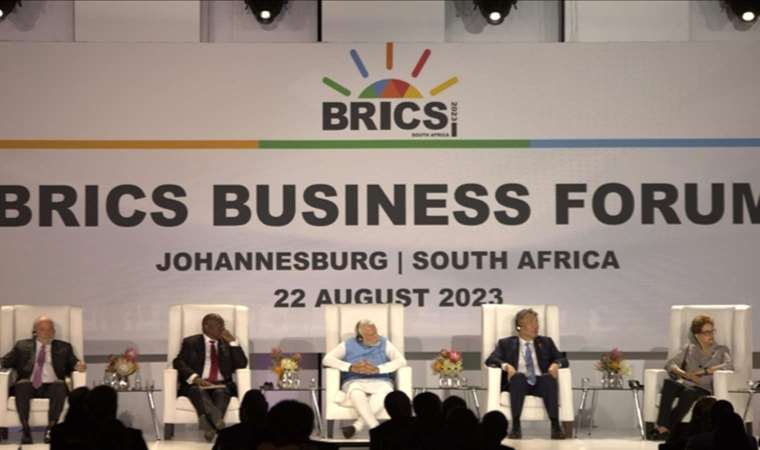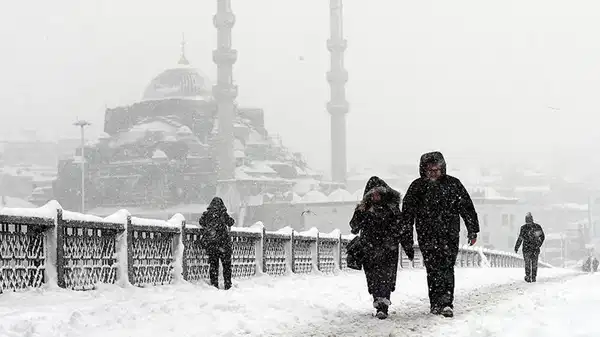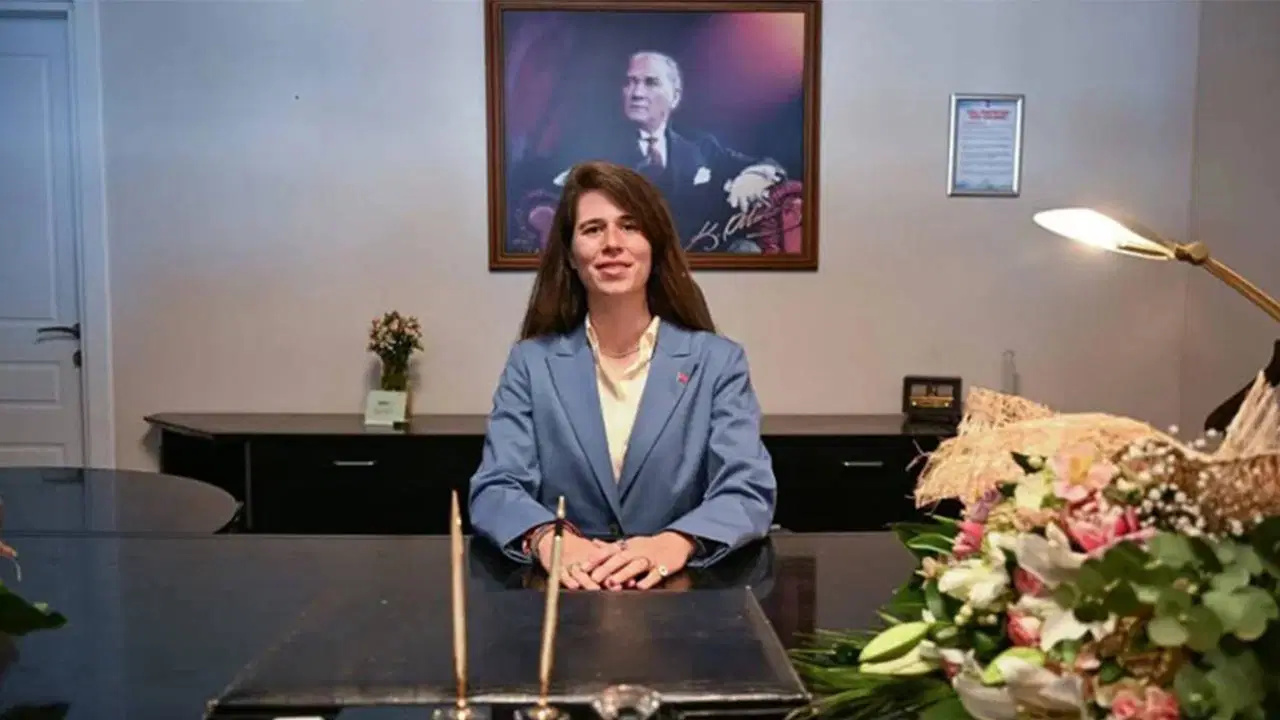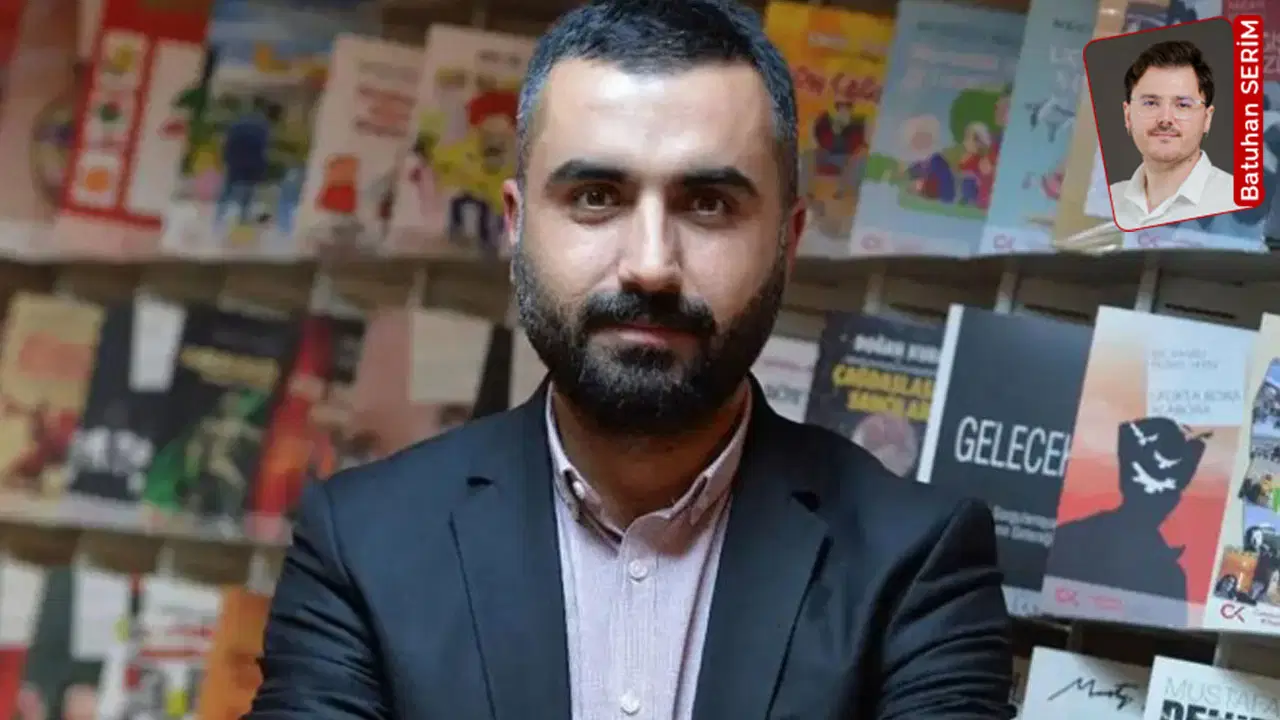During the opening of the 15th BRICS summit in Johannesburg, South African President Cyril Ramaphosa called for substantial reforms in global financial institutions, advocating for change within the system.
Ramaphosa emphasized the role of the BRICS New Development Bank as a trailblazing alternative, providing funds to developing nations without imposing conditions.
BRICS, consisting of Brazil, Russia, India, China, and South Africa, constitutes a group of emerging economies. Currently, it constitutes a quarter of the global economy, accounting for a fifth of global trade, and encompassing over 40% of the global population.
This summit marks BRICS' first in-person assembly in four years, following the impact of the COVID-19 pandemic.
Ramaphosa highlighted that BRICS nations have experienced a fourfold increase in investment due to the establishment of their new bank, marking significant progress over the past two decades.
While Brazilian President Luiz Inacio Lula da Silva, Chinese President Xi Jinping, and Indian Prime Minister Narendra Modi are attending the Johannesburg summit in person, Russian President Vladimir Putin, facing an international arrest warrant over alleged war crimes in Ukraine, is participating remotely through a video link.
Addressing the sanctions placed on his country, Putin expressed concern over the detrimental impact they have on the global economy. He asserted the importance of the BRICS group, whose economic activity surpasses that of the G7 nations.
Putin noted that during the three-day summit, discussions will encompass the possibility of utilizing national currencies in place of the US dollar.
He emphasized the foundation of BRICS cooperation on principles of equality, mutual partnership, and respect for each member's interests.
Ramaphosa underscored that BRICS aims not only to enhance government-to-government relations but also to deepen people-to-people interactions across various sectors, including trade, tourism, and education.
The South African leader conveyed the continent's substantial potential, characterized by its wealth of critical minerals and a skilled, youthful urban population. This positioning positions Africa as the forthcoming growth frontier.
He articulated Africa's aspiration for resource processing to take place within the continent, exporting finished products with value-added contributions.















